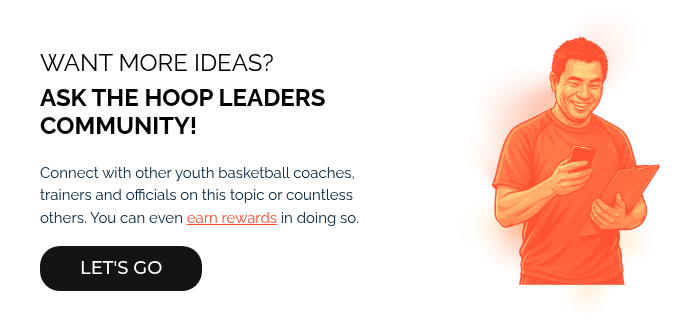Leverage Positive Reinforcement
Recognize and reward good behavior to encourage compliance and motivation. Praise their effort during drills or games to build their confidence and emphasize that improvement and teamwork matter more than raw talent. Avoid over-reliance on punishment; instead, have private conversations about misbehavior to address issues without embarrassing the player in front of the team (Stack) .
Use Team Culture to Drive Accountability
A strong team culture can help players self-regulate their behavior. Foster an environment where team members hold each other accountable. Peer influence can often be more powerful than directives from a coach. Encourage discussions about shared goals and values and involve players in setting standards for the team.
Engage with Parents as Partners
Parents can be invaluable allies when dealing with challenging athletes. They often understand their child’s personality better than anyone and can provide insights or help reinforce your messages at home. When addressing concerns with parents, be tactful and emphasize their child’s potential while discussing ways to improve their behavior (Stack).
Keep Your Cool and Lead by Example
Frustration is natural when dealing with difficult players, but staying calm and composed is essential. Your reactions set the tone for how the team handles challenges. Show empathy for what the player might be experiencing off the court while making it clear that personal issues should not overshadow team goals. As one coach put it, encourage players to “clear the mechanism” and focus entirely on the game during practice or matches (Hudl Blog).
Questions for Reflection and Discussion
-
How do you balance addressing individual behavior with maintaining team morale?
-
What strategies have worked for you in managing players with attitude issues?
-
How do you ensure your talented players feel valued without alienating the rest of the team?
Handling challenging personalities is part of the journey in youth basketball coaching. The ultimate goal is not just to win games but to help players grow as individuals and teammates. With patience, clear communication, and consistent effort, you can turn attitude problems into teachable moments that benefit the player and the team.
-min.png?width=1000&name=motivation%20quotes%20(2)-min.png)

